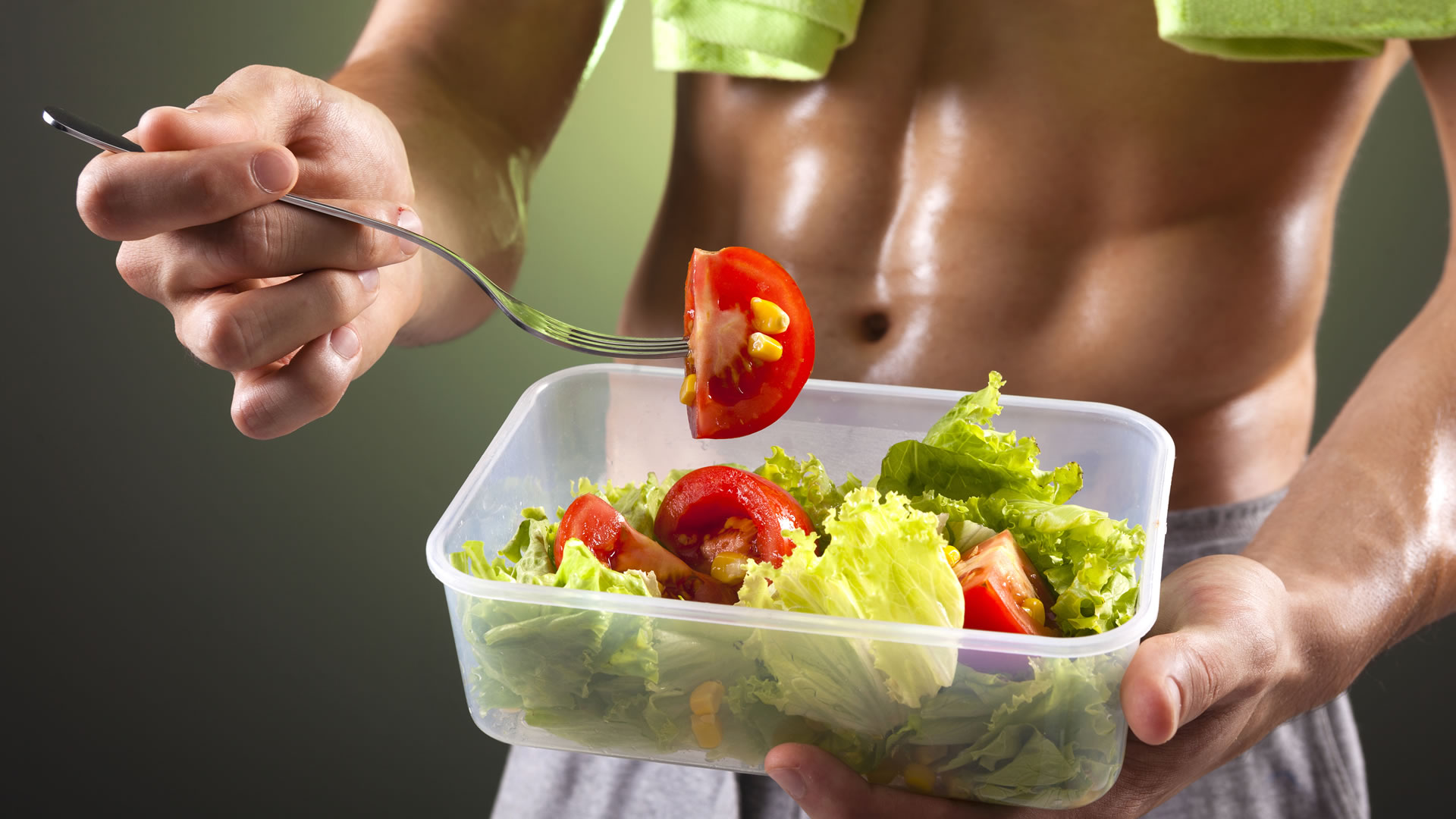Should you eat before you work out or not? It’s a question as old as the pursuit to get jacked, and even scientists have long debated this quandary.
And a new study has stepped up to answer the question by examining gene expression on fat tissue, according to Science Daily.
In a study to be published in the American Journal of Physiology, researchers at the University of Bath in the UK had a group of overweight males walk for 60 minutes on a maximum of 60% oxygen consumption.
First, they did so on an empty stomach. And in another run (or walk, rather), they ate a breakfast high in carbs two hours before the exercise.
To measure the distance, the researchers took multiple samples of blood and fat tissue.
Put simply, the answer to our question above is no. Fat tissue is busy responding to the meal during exercise, meaning less favourable changes to the tissue and less health benefits in the long term.
Put more complicated, the expression of two genes, PDK4 and HSL, increases after fasting and exercising and decreases after eating and exercising.
The rise in PDK4 likely indicates that stored fat was fuelling the metabolism in these men instead of the carbs. And the rise in HSL is typically indicative of fat tissue using stored energy in increased activity – like walking for 60 minutes on a maximum of 60% oxygen consumption, for example.
So, there’s your answer – for now, anyway. After all, as we’ve pointed out in the past, working out on an empty stomach doesn’t necessarily help you lose weight any faster than working out on a full stomach.
This article was originally published on
www.mh.co.za
Fuente: www.health24.com
